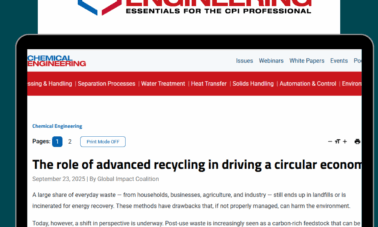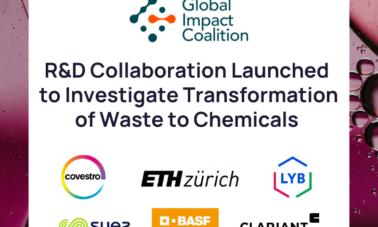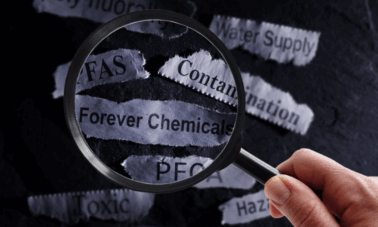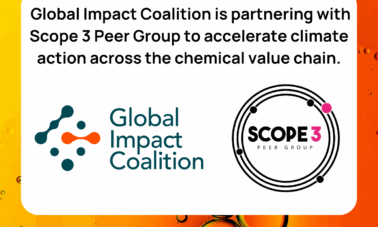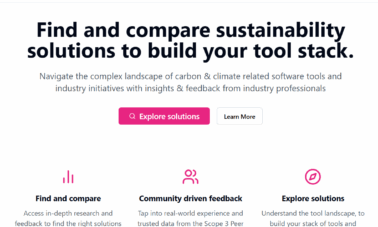At the recent ADIPEC Exhibition and Conference, a panel on net-zero pathways in the chemical industry highlighted the crucial role of collaboration in overcoming industry-specific challenges and accelerating the global transition to sustainability. Featuring insights from Charlie Tan, CEO of the Global Impact Coalition, and Dr. Lars Kissau, President of BASF’s Net Zero Accelerator and member of the Global Impact Coalition’s Executive Committee, the discussion underscored that reaching net-zero emissions requires a united approach across organizations and sectors.
The Role of the Global Impact Coalition
Founded as a standalone entity after being incubated at the World Economic Forum, the Global Impact Coalition is a CEO-led platform working to drive collective action to achieve net zero emissions in the chemical sector. Charlie Tan explained that the Coalition focuses on identifying opportunities for joint initiatives that create new business models and scale sustainable practices. Backed by CEOs from leading global chemical companies, this collaboration supports member organizations in accelerating projects from concept to implementation.
“Having a top-down commitment from leadership is essential for driving transformational projects,” Tan said. “The Global Impact Coalition acts as a bridge, enabling companies to move from ideation to tangible action on projects that are otherwise too complex to tackle alone.”
Driving Change Through Technological Innovation
The panel explored the critical role of technological advancements, like electrification and green hydrogen, in reducing emissions. Dr. Kissau pointed out that while BASF and other companies are actively working on solutions, achieving large-scale impact requires pooling expertise and resources. “For example, we’re working with partners like SABIC and Linde to develop an electrified steam cracker, which is a highly energy-intensive process. By joining forces, we can drive faster progress for solutions that will benefit the entire industry,” he explained.
Balancing Collaboration and Competition
Collaboration is essential, yet complex in a competitive industry where companies hold proprietary technologies. To manage this, Tan emphasized the importance of a strong legal framework and governance to protect intellectual property while fostering trust among members. “Trust and legal clarity allow us to advance these projects without compromising each company’s competitive edge,” he noted.
Overcoming Financial and Regulatory Hurdles
Financing remains a significant barrier for large-scale projects, despite substantial interest from investors. Both Tan and Kissau agreed that aligning capital with clear, scalable projects is essential to unlock funds. Additionally, regulatory inconsistencies across regions complicate the global expansion of these technologies. “Regulation and market conditions vary, which requires companies to adapt solutions locally,” Kissau explained, noting that this can slow progress but also presents opportunities to learn and adapt.
A Call for Partnership
Both speakers concluded with calls to action on partnership, recognizing that a collaborative approach is essential to address the scale of the net-zero challenge. “To go far, go together,” Tan said, echoing the ethos that drives the Global Impact Coalition. Kissau added, “We have a responsibility to future generations; forming partnerships is not just beneficial—it’s essential to achieve the Net Zero targets.”
Conclusion
The panel provided a clear message: the journey to net-zero in the chemical industry hinges on a shared commitment to innovation and collaboration. By combining resources and expertise through platforms like the Global Impact Coalition, the industry can make significant strides toward a sustainable future.
Watch the full panel recording here:


